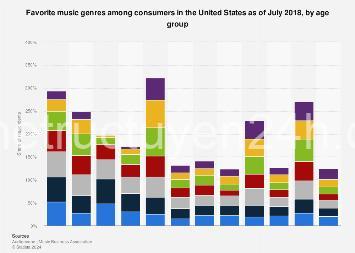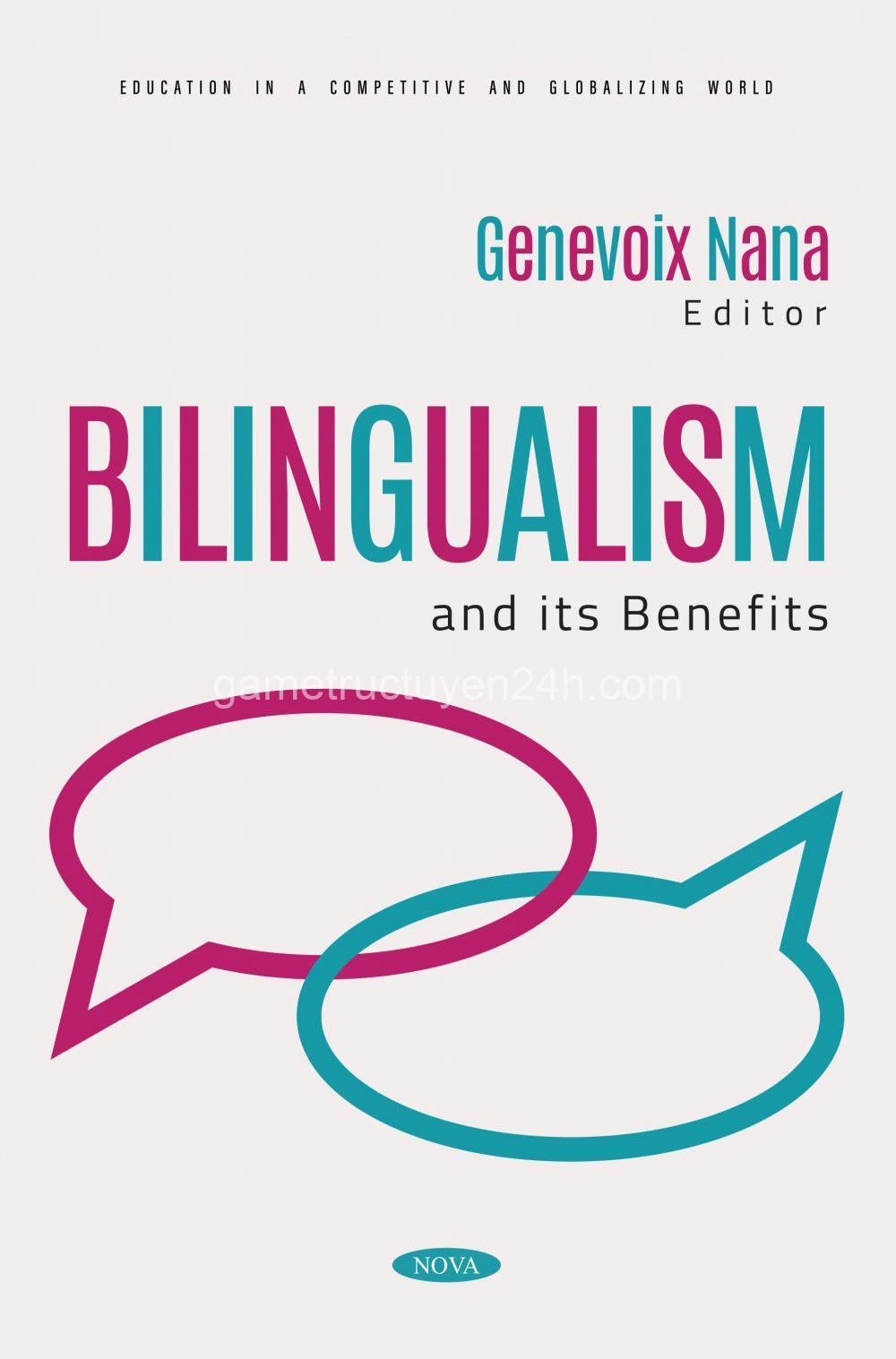Age & Genre Suitability: Choosing the Right Media for Every Stage. In today’s article, gametructuyen24h.com will explore with you in the most detailed and complete way. See now!
Understanding the Relationship Between Age and Genre Suitability
The world of media is vast and varied, offering a diverse range of genres to appeal to different tastes. But are certain genres inherently better suited for specific age groups? The answer is complex and depends on a variety of factors, including developmental stages, cultural norms, and individual preferences.
Let’s start by examining how developmental stages impact genre preference. Cognitive development plays a crucial role in how children and adults process and understand information. Younger children, for example, may struggle with complex narratives, abstract concepts, and symbolic language. As they grow older, their ability to understand these elements develops, allowing them to engage with more sophisticated genres like fantasy, science fiction, and historical fiction.
Emotional maturity is another important factor. Children are still developing their emotional intelligence and may struggle to process complex emotions like sadness, anger, or fear. As they mature, they become better equipped to handle these emotions and can appreciate genres that explore complex emotional themes, such as romance, drama, or coming-of-age stories.
Social understanding is essential for navigating social dynamics and relating to others. Children learn about social norms and expectations through their interactions with others, including the media they consume. As they mature, they develop a deeper understanding of social complexities and can appreciate genres that explore themes of social justice, power dynamics, and interpersonal relationships.
However, it’s important to recognize that cultural norms and expectations also play a significant role in shaping our perception of genres. Age-appropriate stereotypes often dictate which genres are deemed acceptable for specific age groups. For example, fantasy is often associated with childhood, while thrillers are often seen as more suitable for adults. These stereotypes can limit our exposure to diverse genres and may prevent us from exploring new and exciting content.
Marketing strategies also contribute to reinforcing these stereotypes. Media companies often target specific age groups with marketing campaigns that emphasize certain genres and themes. This can create a self-fulfilling prophecy, where individuals are more likely to choose genres they have been repeatedly exposed to.
It’s crucial to recognize that these factors are not static but constantly evolving. Individuals change and mature throughout their lives, developing new interests and preferences. What a child finds fascinating at age five might be boring by age twelve. As adults, we may discover new genres that resonate with our life experiences, personal values, and evolving perspectives.

Exploring Genre Preferences Across Different Age Groups
Let’s delve deeper into specific age groups and explore their typical genre preferences.
Children:
Children are naturally curious and imaginative, drawn to stories that spark their imaginations and introduce them to new worlds and experiences. Picture books with their simple stories, bright illustrations, and repetitive language provide a wonderful introduction to the world of reading. As children develop, children’s fiction with relatable characters, moral dilemmas, and themes of friendship and family become engaging. Fantasy series with their imaginative worlds, magical elements, and heroic adventures captivate young minds and foster a love of storytelling.
These genres offer valuable educational benefits for children, promoting language acquisition, social and emotional development, and imagination and creativity. They can learn about different cultures, explore their own emotions, and develop their problem-solving skills through engaging narratives and imaginative worlds.
Teenagers:
Teenagers are going through a period of significant personal growth and identity formation. They are interested in exploring themes of coming-of-age, self-discovery, and relationships. Young adult fiction often addresses these themes, providing relatable experiences and guidance for navigating the challenges of adolescence.
Romance novels can appeal to teenagers, offering glimpses into the complexities of love and relationships. Coming-of-age stories explore themes of rebellion, peer pressure, and identity, resonating with teenagers’ experiences and providing insights into navigating these challenging stages of life.
These genres provide teenagers with escapism from the pressures of everyday life, offering a chance to connect with characters who understand their struggles and provide insights into navigating the complexities of adolescence. They also encourage self-reflection and personal growth, fostering a sense of identity and purpose.
Adults:
Adults have developed diverse interests, life experiences, and perspectives, resulting in a wide range of genre preferences. Literary fiction often explores complex narratives, nuanced characters, and the complexities of human nature. Historical fiction transports readers to different time periods, offering insights into historical events, social contexts, and human experiences. Thrillers with their suspenseful plots, mysterious characters, and high-stakes situations provide excitement and adrenaline rushes. Non-fiction offers factual accounts, in-depth analysis, and exploration of diverse topics, satisfying a thirst for knowledge and understanding.
Genre preferences for adults often reflect individual life experiences, personal values, and evolving interests. They may gravitate towards genres that resonate with their personal experiences, provide solace during challenging times, or offer new perspectives on the world.
Embracing Diversity and Challenging Preconceived Notions
It’s important to challenge our preconceived notions about genre suitability and embrace the diversity of media experiences. Don’t limit yourself or your loved ones to stereotypical age-appropriate genres.
Exploring genres outside your comfort zone can enrich your life in countless ways. Fantasy can be a wonderful escape for adults, offering a chance to reconnect with their inner child and explore magical worlds. Romance can offer valuable insights into the complexities of human relationships, regardless of age. Thrillers can provide a thrilling escape for children, teens, and adults alike, offering opportunities for suspense and adventure.
It’s vital to recognize that personal preference is paramount. What one person finds enjoyable, another might find boring. Respect individual preferences and encourage everyone to explore their own interests and discover what resonates with them.
Promoting diverse media experiences for all age groups is essential. By encouraging individuals to explore genres outside their comfort zone, we break down stereotypes and promote inclusive media consumption.
Navigating Age-Appropriate Content and Parental Guidance
Navigating the vast world of media can be challenging, especially when it comes to choosing appropriate content for children and teenagers. Content ratings and parental guidance are essential tools for making informed choices.
Understanding content ratings (e.g., G, PG, PG-13, R) allows parents to assess the suitability of media for different age groups. These ratings provide information about potentially sensitive content, such as violence, sexual themes, and strong language. It’s crucial to research the meaning of different ratings and consider their implications for individual children.
However, parental guidance goes beyond simply relying on content ratings. It involves engaging in open communication with children and teenagers about media content. Talk about the themes explored in movies, books, and games, discuss potentially sensitive topics, and help children develop a critical understanding of media.
Responsible media consumption is essential for promoting healthy media habits. It’s crucial to encourage children and teenagers to be mindful of the content they consume and to be critical of the messages they encounter.
The Future of Genre and Age
Technology and evolving media trends are constantly reshaping how we experience media. The rise of personalized content recommendations, the emergence of new genres and formats, and the influence of social media are all changing the way we consume and interact with media.
These changes will undoubtedly impact how we understand genre suitability across different age groups. As technology continues to evolve, it’s vital to stay informed about emerging trends and to adapt our understanding of age-appropriate content.
It’s an exciting time to be a media consumer. Embrace the diversity of genres, challenge preconceived notions, and promote responsible media consumption for everyone.
Conclusion
Ultimately, the choice of genre is a personal one. Explore, experiment, and discover what resonates with you. Share your favorite genres and experiences with others, and engage in discussions about age-appropriate content and responsible media consumption.
Remember, the world of media is vast and diverse, offering something for everyone.
For more information on navigating the world of media and finding age-appropriate content, visit gametructuyen24h.com.
Joseph Robert Johnson is an animal lover and the owner of gametructuyen24h.com, dedicated to providing accurate, reliable, and engaging information about animals.





